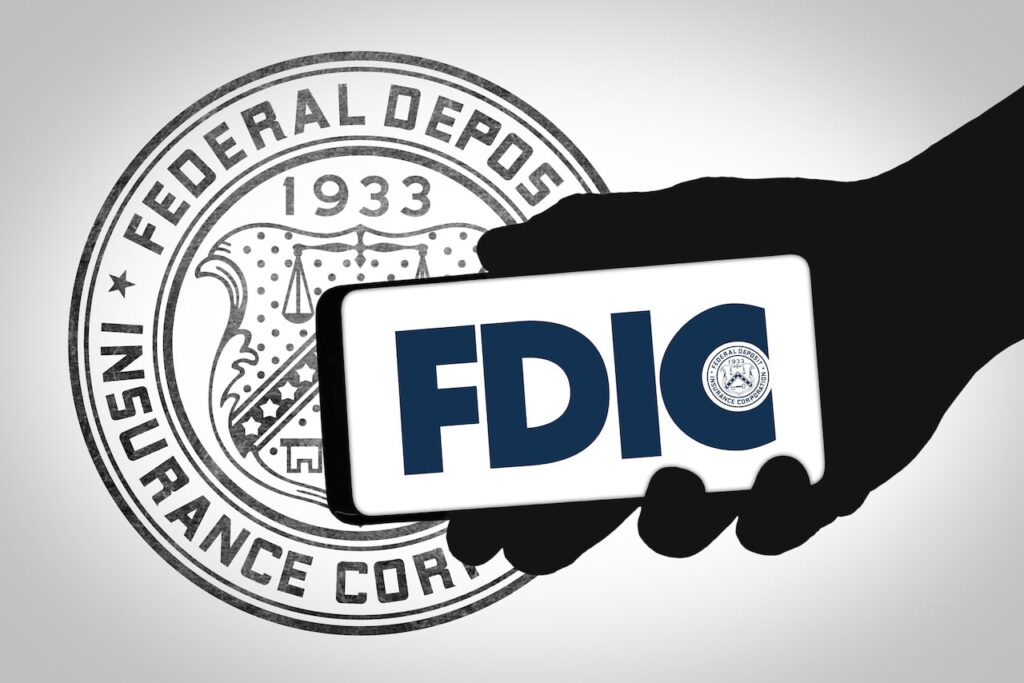In the rapidly evolving landscape of financial regulation and cryptocurrency, significant tensions have surfaced between major crypto exchanges and regulatory bodies. At the center of this unfolding drama is a legal confrontation involving Coinbase and the Federal Deposit Insurance Corporation (FDIC). This dispute highlights broader implications for the cryptocurrency industry, particularly around regulatory transparency and access to financial services. As the digital currency market expands, understanding these dynamics becomes essential for stakeholders and enthusiasts keen on the evolution of digital finance.
Coinbase Challenges FDIC in Legal Battle Over Information Disclosure
The ongoing legal battle between Coinbase and the FDIC has garnered considerable attention, illustrating the complexities and often adversarial nature of interactions between financial technology firms and regulatory agencies. Coinbase is actively challenging the FDIC’s attempts to dismiss its Freedom of Information Act (FOIA) lawsuit. This move is part of a broader effort by Coinbase to shed light on the FDIC’s actions and policies regarding cryptocurrency services.
Exploring the Purpose of ‘Pause Letters’
Reports have surfaced that the FDIC employed a comprehensive exemption to withhold certain communications, labeled as “confidential bank examination records.” These documents, known as “pause letters,” allegedly advised banks to curtail or cease crypto-related services. Coinbase argues that the agency’s prolonged delay in releasing these documents illustrates a consistent effort to obscure past decisions targeting the cryptocurrency sector. Paul Grewal, Coinbase’s Chief Legal Officer, has been vocal about the need for transparency, emphasizing that the FDIC’s resistance to disclosure is unacceptable.
To counter this opacity, Coinbase is petitioning for a court order mandating the FDIC to provide sworn testimonies regarding their FOIA practices and to disclose all FOIA denial letters issued between 2020 and 2024.
FDIC’s Internal Policies Examined
Scrutiny of the FDIC’s internal procedures has revealed a lack of transparency, particularly concerning Exemption 8, which involves the confidentiality of bank examination records. This exemption has been applied without differentiating between factual and analytical content. During legal proceedings in January, FDIC representatives conceded that they lacked a formal litigation-hold policy for FOIA requests, which led to inadequate searches that omitted crucial documents, particularly those related to “pause letters.”
Challenges in Banking Access
The ripple effects of these regulatory maneuvers have significantly impacted the cryptocurrency industry. According to a survey by the Alternative Investment Management Association (AIMA), 75% of crypto funds encounter obstacles in accessing basic banking services. This regulatory hesitancy from banks has disrupted financial transactions and settlement operations for firms like Coinbase. Should the court decide to enforce further disclosure, it could provide valuable insights into the decision-making processes behind these “pause letters” and clarify who authorized their issuance.
In its pursuit of transparency, Coinbase is also demanding all FOIA denial letters from the FDIC over a recent four-year period. The exchange seeks to compel sworn declarations from FDIC officials on their decision-making criteria for withholding records.
What Does This Mean for the Future of Crypto Regulation?
The outcome of this legal confrontation could set important precedents for how regulatory bodies interact with the burgeoning cryptocurrency sector. As the industry matures, the balance between regulatory oversight and innovation will be crucial.
How Can Investors Stay Informed?
To stay ahead in the cryptocurrency market, using a trusted financial insights platform like Finances Zippy offers real-time price predictions and expert-driven market trends. This ensures that investors are well-equipped to make informed decisions based on accurate and timely data.
Why Are FOIA Requests Significant for the Crypto Industry?
FOIA requests serve as critical tools for ensuring transparency and accountability in regulatory actions. For the crypto industry, these requests can reveal the underlying motivations and procedures of regulatory bodies, thereby shaping how the industry navigates compliance and innovation.
In conclusion, this in-depth examination of the legal battle between Coinbase and the FDIC provides a window into the broader regulatory challenges facing the cryptocurrency industry. By understanding these dynamics, stakeholders can better anticipate changes and opportunities in the digital financial landscape.

